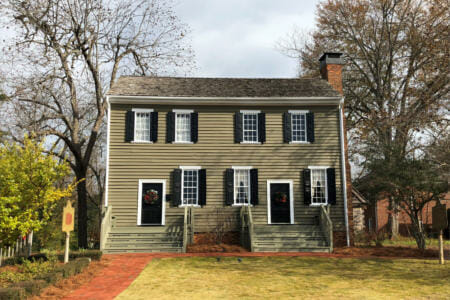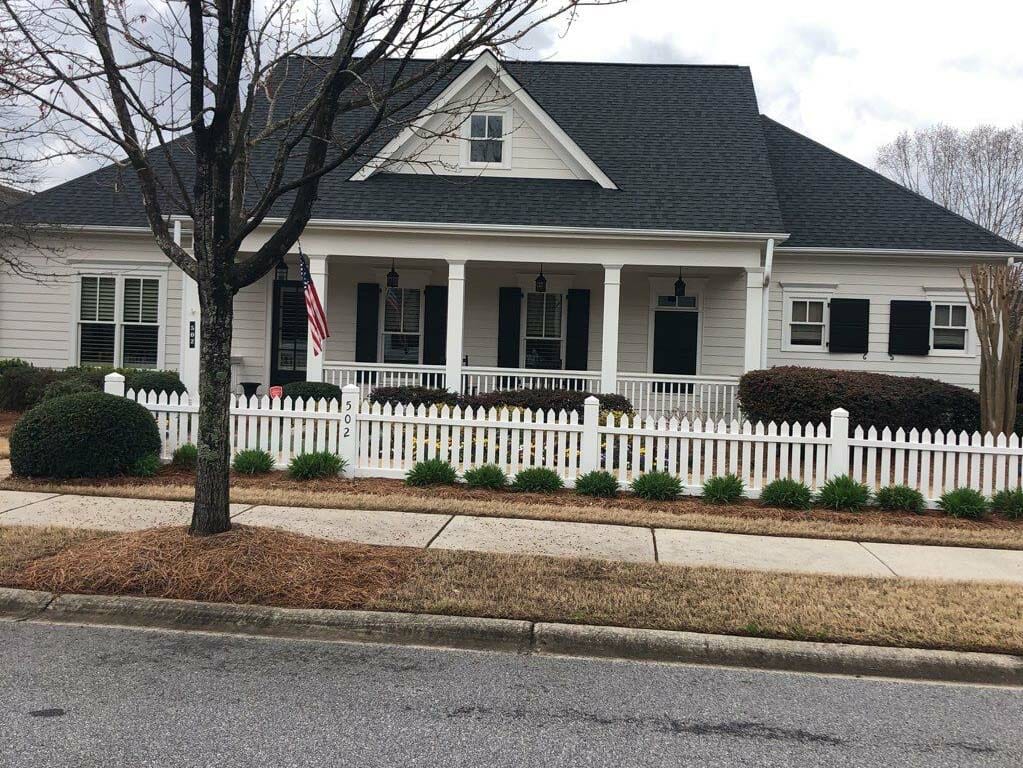
A well-executed paint job can do wonders for your home. It can transform its appearance and boost its curb appeal. But a good paint job is not just about aesthetics.
It serves a practical purpose too. It shields your home from the elements – be it harsh sunlight, rain, wind, or snow.
But a paint job is only as good as its preparation. Rushing into a painting project without adequate prep can lead to unfortunate outcomes.
You might end up with uneven colors, visible brush strokes, or paint that peels off after a few months. These can take away from the beauty of your home and lead to higher maintenance costs.
Getting your house painted is a big task. It’s not something you want to trust to just anyone. You need a qualified painting contractor. Here are some things to look for:
Professional painters bring the expertise needed to prepare your home for painting. They know how to ensure a smooth, uniform, and crack-free surface, which is key to a flawless paint job.
Prepping the surface is a crucial part of painting. It can seem tedious, but it’s worth it. Here’s what it involves:
Prepping your house properly for painting is a surefire way to get a beautiful, long-lasting finish. It might take time and effort, but the results are well worth it.

Often in the hurry of getting the job done, certain aspects of house painting prep are overlooked. But these seemingly small details can make a big difference in your paint job’s outcome. One such factor is cleaning the paint surface.
Dust, rust, and mildew may seem harmless, but they can hinder your paint’s ability to adhere properly. So before you break out your brushes, make sure to thoroughly clean your house’s exterior.
Working on previously painted surfaces presents its own challenges. If the old paint is peeling or flaking off, painting over it will lead to an uneven finish. Loose paint needs to be scraped off before a fresh coat is applied.
An orbital sander is a handy tool for this task. It not only helps remove loose paint but also provides a smoother finish.
Lastly, if your home was built before 1978, you might have lead paint on your walls. Lead paint can be harmful if not handled properly. If you suspect your home has lead paint, it’s best to get a professional inspection and follow their recommendations for safe removal or painting over.
The weather plays a crucial role in how well your paint job turns out. Paint needs time to dry, and certain weather conditions can disrupt this process.
Rain, high humidity, or extreme temperatures can result in a poor finish or longer drying times. That’s why it’s always best to paint in good weather.
The ideal time for an exterior painting project varies depending on where you live. In general, late spring and early fall provide the best conditions for painting. The temperatures are moderate, and there’s less chance of rain.
However, unexpected weather changes can occur. If bad weather hits during your project, it’s best to pause and wait for conditions to improve before continuing.
Just as a chef needs the right tools to prepare a meal, a painter needs the right tools to prep a house. For instance, medium grit sandpaper is essential for removing old paint and smoothing rough areas.
And let’s not forget the mess painting can create. Drop cloths are a must to protect your lawn, patio, and other surrounding areas from paint splatters and spills.
For clean lines and a professional finish, don’t skimp on the painter’s tape. It helps to create sharp edges and prevents paint from getting onto windows or trim.
By using the right tools and materials, and paying attention to all aspects of prep work, you set the stage for a successful painting project. Your house will not just look beautiful but also be well-protected against the elements.